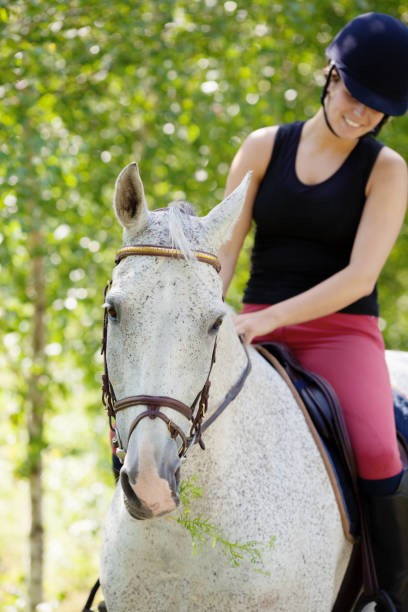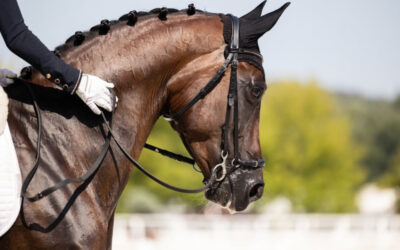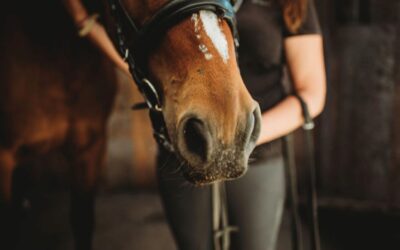Parenting the equestrian athlete
I was born into a non-horsey family; I am however lucky enough to have a mother that has always encouraged me to follow my passions. As a result, throughout the summer weekends of my childhood, my mum alongside my friends equally non-horsey mum, would load my friend and I’s ponies onto our ancient horsebox and travel to the local shows. Whilst there we would observe with amused bewilderment mums, and sometimes dads, standing on the side of the show ring shouting instructions at their children usually interspersed with a frantically yelling of ‘leg, leg, leg!!!’. My mum and I would affectionally refer to these people as the ‘pony club mums’. Now after spending my adult life coaching riders alongside my studies in psychology, I have gained a new appreciation of the impact these interactions have a on a child’s mindset and beliefs. Following is a few key points of the learnt through my studies in sports psychology and as my role as a coach.
1, Encourage autonomy
Talk to your child and make sure their goals are their own and not a result of you wishing to live out your own goals vicariously through your child. Intrinsic motivation, where an individual experiences enjoyment and satisfaction in participation because their love of the sport has a far more positive effect than extrinsic motivation which comes as a result of an external goal. When external motivation comes as a reward for hard work and improvement, such as praise from a coach or improved results in competition, it can have a positive impact on intrinsic motivation. However, if extrinsic motivation is perceived by the individual as controlling, as in pressure from a parent, it can have the impact of decreasing intrinsic motivation. Let your child have control over setting their own outcomes, as goals set that align with their own ambitions are much more likely to be achieved with enjoyment and satisfaction as opposed to burnout and stress.
Let your child have control over setting their own outcomes, as goals set that align with their own ambitions are much more likely to be achieved with enjoyment and satisfaction as opposed to burnout and stress.
2, Get the involvement balance right
Hellstedt’s Parental Involvement continuum defines parents’ involvement on a continuum, at one end the under involved parent, this is the parent that spends the duration of their child’s coaching sessions sat in their car on their mobile phone and shows little interest in being involved in their child’s progress in the sport. At the opposite end of the continuum is the overinvolved parent who pushes their own goals on their child, often interfering with coaching sessions and putting excessive pressure on their child to obtain the outcomes they themselves have set. In-between these two extremes is the moderately involved parent, this parent offers emotional support and guidance without overpowering the child’s own values and ambitions. As a coach I love it when parents show an interest in their child’s coaching sessions with a view to supporting them in-between sessions to consolidate the learnings that have taken place. However, at the same time I have, on occasion witnessed children that have lost ‘their voice’ due to an overbearing parent whose desire for their child to succeed overshadows that child’s involvement in setting their own outcomes.
I have, on occasion witnessed children that have lost ‘their voice’ due to an overbearing parent whose desire for their child to succeed overshadows that child’s involvement in setting their own outcomes.
3, Praise effort
I have often heard parents say in jest ‘if you don’t win don’t come home!’, whilst I think this is said very much tongue in cheek, it is important there is an understanding of the responsibility of parents to create a motivation climate for their child that is focused on personal improvement (mastery focused) as opposed to one that is focused on winning and comparison to others (ego focused). Whilst when levels of perceived ability are high, ego orientated goals can be effective. Mastery focused goals are linked to more positive emotions such as calmness, enjoyment and fulfilment. Whereas ego focused goals can lead to more negative emotions such as stress and anxiety. So, encourage and praise personal improvement and effort in your child. As I write this I’m reminded of the quote my 10 year old daughter, who is following her own passion of being a dancer has written on the white board on my fridge “I do not try to dance better than anyone else. I only try to dance better than myself”.
encourage and praise personal improvement and effort in your child






0 Comments